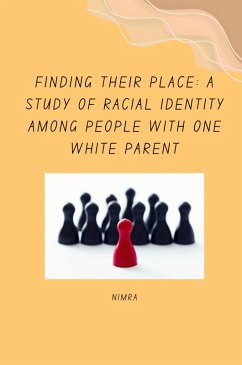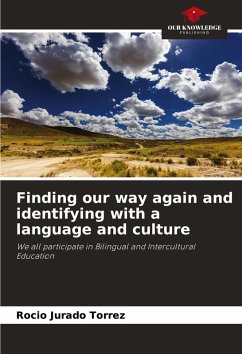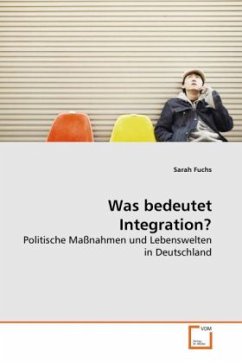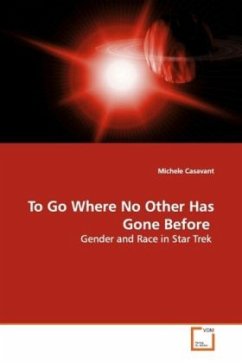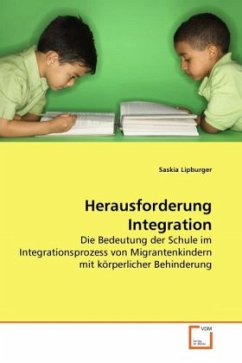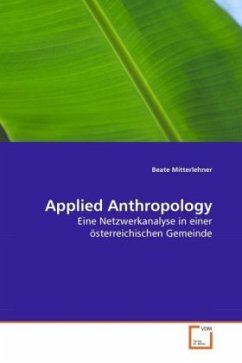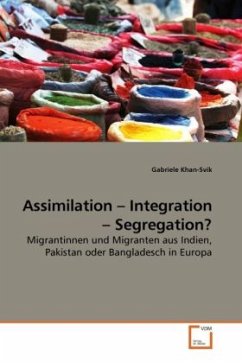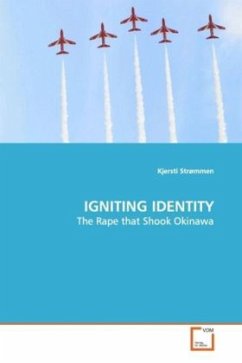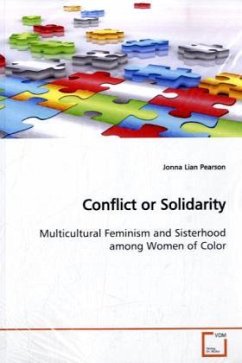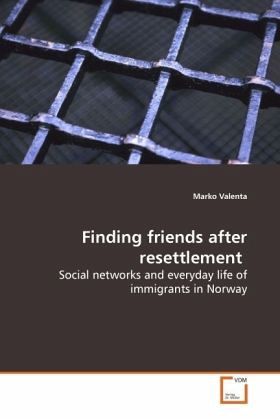
Finding friends after resettlement
Social networks and everyday life of immigrants in Norway
Versandkostenfrei!
Versandfertig in 6-10 Tagen
52,99 €
inkl. MwSt.

PAYBACK Punkte
26 °P sammeln!
Finding friends after resettlement attempts to see beyond the debate that divides immigrant social trajectories into simple processes of gradual segregation and integration. The author maintains that this dichotomy hides a wide latitude of social trajectories and identity negotiations. Patterns of social integration can be traced in the intersection between face-to-face interactions that immigrants have with others, features of their personal network, and immigrant attempts to deal with these dimensions. It is argued in this book that the most realistic adaptation line for first generation non...
Finding friends after resettlement attempts to
see beyond the debate that divides immigrant social
trajectories into simple processes of gradual
segregation and integration. The author maintains
that this dichotomy hides a wide latitude of social
trajectories and identity negotiations. Patterns of
social integration can be traced in the intersection
between face-to-face interactions that immigrants
have with others, features of their personal
network, and immigrant attempts to deal with these
dimensions. It is argued in this book that the most
realistic adaptation line for first generation non-
western immigrants in Norway would appear to be
different kinds of selective bridging to the
mainstream, based on weak ties with indigenous
locals. Nevertheless, this kind of bridging to the
mainstream should not be neglected and
underestimated. These friends and acquaintances
become symbols of acceptance that help newcomers
construct identities of themselves as people who are
included and respected in their new social
environment.
see beyond the debate that divides immigrant social
trajectories into simple processes of gradual
segregation and integration. The author maintains
that this dichotomy hides a wide latitude of social
trajectories and identity negotiations. Patterns of
social integration can be traced in the intersection
between face-to-face interactions that immigrants
have with others, features of their personal
network, and immigrant attempts to deal with these
dimensions. It is argued in this book that the most
realistic adaptation line for first generation non-
western immigrants in Norway would appear to be
different kinds of selective bridging to the
mainstream, based on weak ties with indigenous
locals. Nevertheless, this kind of bridging to the
mainstream should not be neglected and
underestimated. These friends and acquaintances
become symbols of acceptance that help newcomers
construct identities of themselves as people who are
included and respected in their new social
environment.



